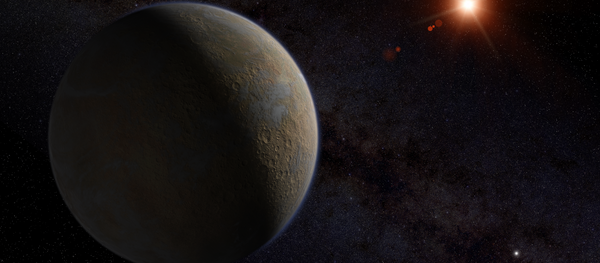Our Earth remains the only planet where life is certain to exist and can thrive, leaving us to wonder if maybe aliens do exist, but they have restricted themselves from contacting us because are too “primitive” of a species.
The “Galactic Club” is a proposed solution to the Fermi Paradox, a question asking why is the case that our galaxy made up of hundreds of billion stars and with many of those stars having Earth like planets where intelligent life could develop, no extraterrestrial life has even been detected.
In his most recent research paper on the subject, Forgan showed that the idea of a Galactic Club is “soft,” because if any civilization is outside of the “Club” then they are free to do as they wish and will not be bound by any unifying moral code. Thus, even if once a massive civilization does arise, the vastness of space and the restrictions on light speed travel would severely hamper its growth. What in fact would develop would be “Galactic Cliques,” a variety of civilizations with their own set of morals and directives that are not necessarily equal.
The only way a Galactic Club could manifest itself during his computational analysis was if the original civilization existed for more than one million years, it was close enough to the other civilizations to arrive before they developed and lastly, that all new civilizations would also exist for more than one million years. These strict constraints show that while it is possible for a “Galactic Club” to develop, more likely would be the development of the “Galactic Clique.”
One issue Forgan was not able to take into account during the simulation was whether “dead civilisations can influence future policy by leaving beacons or technology behind.”
Humans could very well be the original galactic civilization at some point in the future, however, “we can’t say anything about our behavior from this model. It's not definite that we will proceed to colonizing other stars, as this is an extremely energy-intensive activity. If civilizations evolve to optimize their energy consumption, then they will never leave their star system. If civilizations evolve to maximize their information collection ability, then chances are they will leave their star system. Humanity is doing a bit of both right now — it's not clear which impulse will win out yet,” Forgan said.
Until that day comes, we will just have to keep looking and listening to the stars for clues from our alien neighbors.






